I was using the Jon Skeet solution to compare the properties of two complex objects when something weird happened: Those two dates, which looks the same, was failed at the !object.Equals(firstValue, secondValue) test. Grabbing my debugger, I debugged and it seems that the two objects are the very same:

Then I look in the details (pressing the +) and found this:

Could this be causing the Equals() to fails? Or are my eyes shitty and the difference is visible, elsewhere?